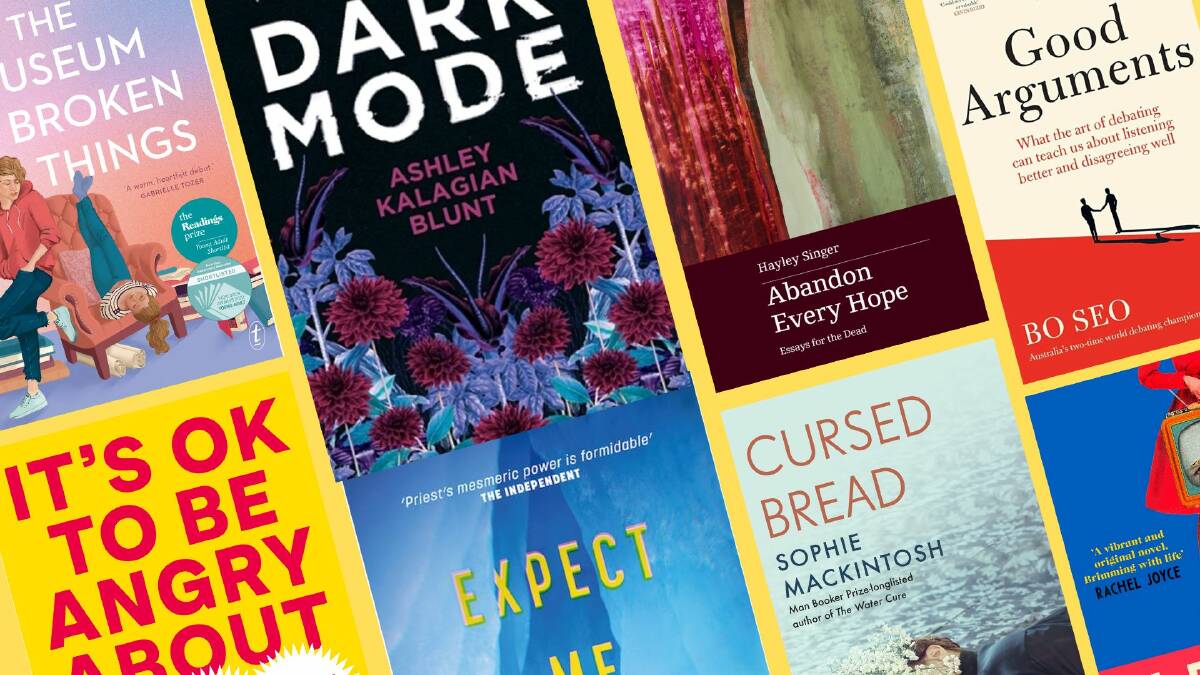
How useful is competitive debating in the long term? Bo Seo has thoughts, as does Bernie Sanders, who thinks we should all be more fired up over the shortcomings of capitalism. We should also, it must be said, be more mindful of the animals we consume. We've also got two thrillers - one erotic, the other profoundly influenced by social media. As always, it's a multifaceted shelf this week here on the books pages.
Subscribe now for unlimited access.
or signup to continue reading
And I welcome your thoughts and feedback on what we've been reading. You can reach me by email at sally.pryor@canberratimes.com.au.
The war of words is up for debate
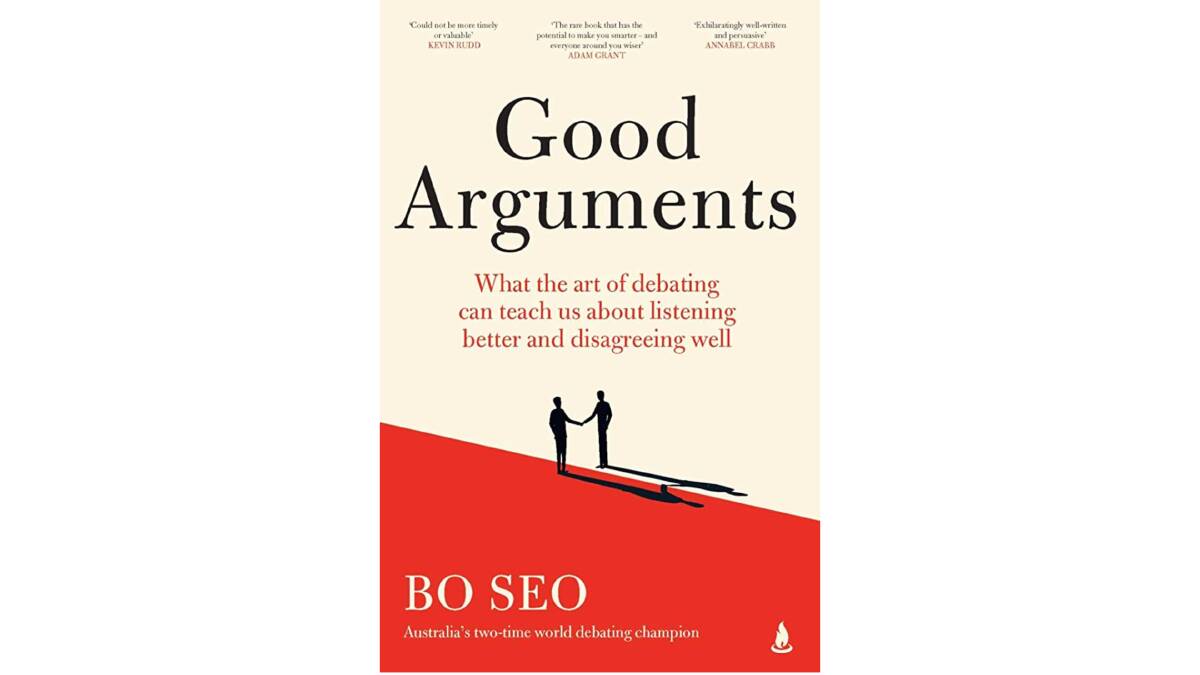
There's no denying the thrill of talking your way to victory. For some, that is. When it comes to competitive debating, Jasper Lindell isn't convinced.
"I always found it to be a little suspect, perturbed perhaps by the ease with which bright teenagers could argue for or against the merits of nuclear energy for Australia," he writes. "Could we not put our talents to use on something more productive?"
But reading Good Arguments, by Bo Seo - who has just been announced as a participant in the upcoming Sydney Writers Festival - Jasper finds himself being swayed.
"The case then for the utility and benefit of debating skills is assured," he writes.
"From navigating living with your parents to solving geopolitical dilemmas, the classroom exercise on whether or not nuclear power is a good idea does have a place.
"But Seo convinces me most about debating's ultimate usefulness when he is unsure, doubtful."
A solid thriller shot through with sparkling thread
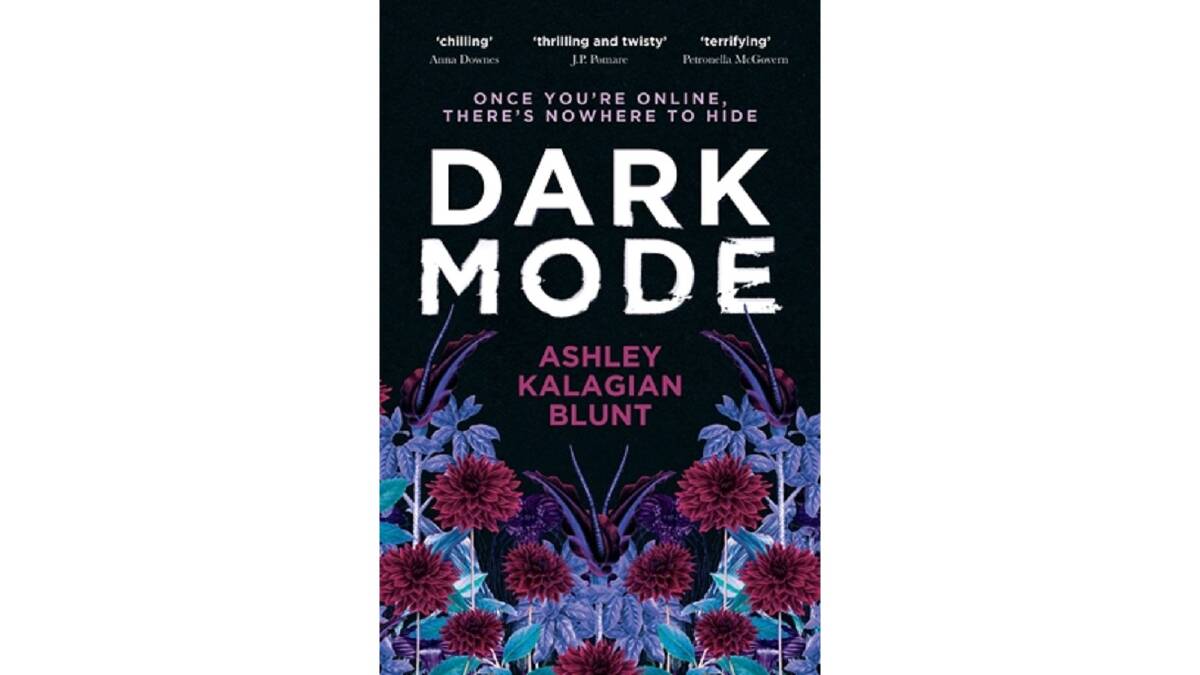
A woman who owns and runs a plant store is being stalked and, because it's the 2020s, it's impossible for her to hide.
In Ashley Kalagian Blunt's Dark Mode, a sinister and disturbingly true-to-life thread runs through that disorients and twists the reader's expectations. Reviewer Hanne Melgaard Watkins is all caught up.
"More than once, I distrusted my own memory, not just Reagan's, which was an unsettling experience - and very satisfying once all was revealed," she writes.
Our cruelty and waste of animals
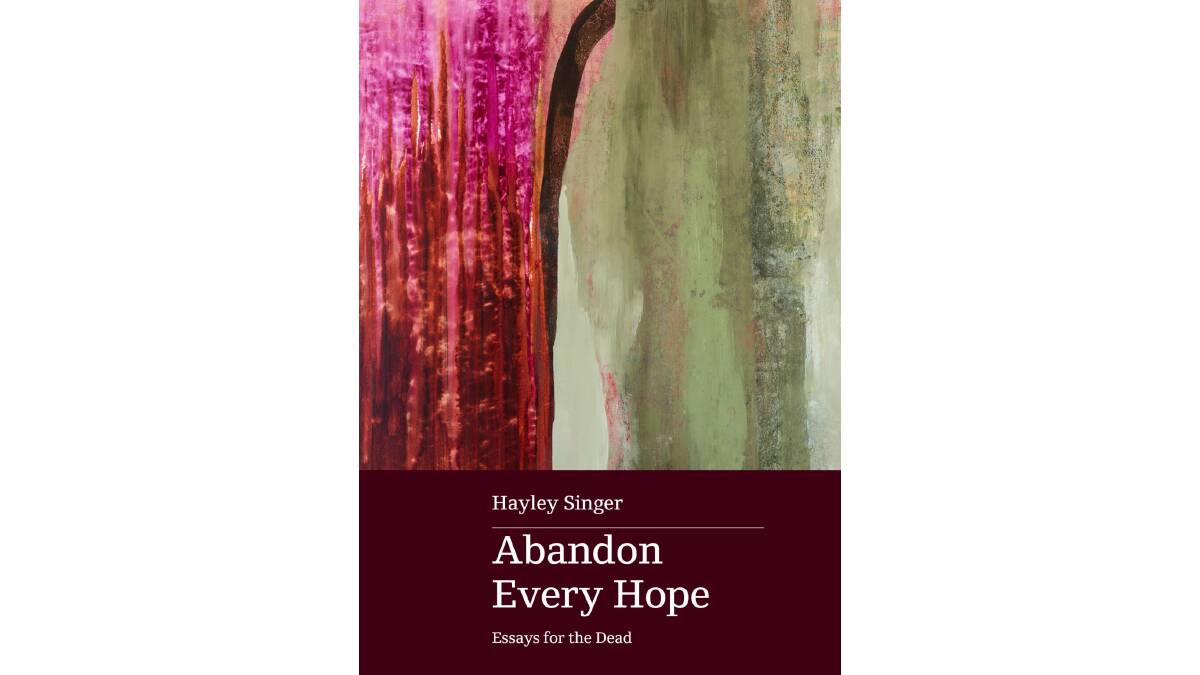
There are many reasons why we should be thinking more about the animals we eat - to see them as something much more than shrink-wrapped meat, or pre-roasted dinners.
Hayley Singer, in Abandon Every Hope, a series of essays on the topic, focuses on the horrors of mechanised slaughter that the food industry would rather we didn't dwell upon.
Jasper Lindell is once again swayed by the written word.
"Going beyond a euphemistic relationship with food production takes nerve," he writes.
"Singer's essays are at their strongest when they describe this hidden world of animal pain, human indifference and industrial efficiency."
On the frictions and tensions of adolescence
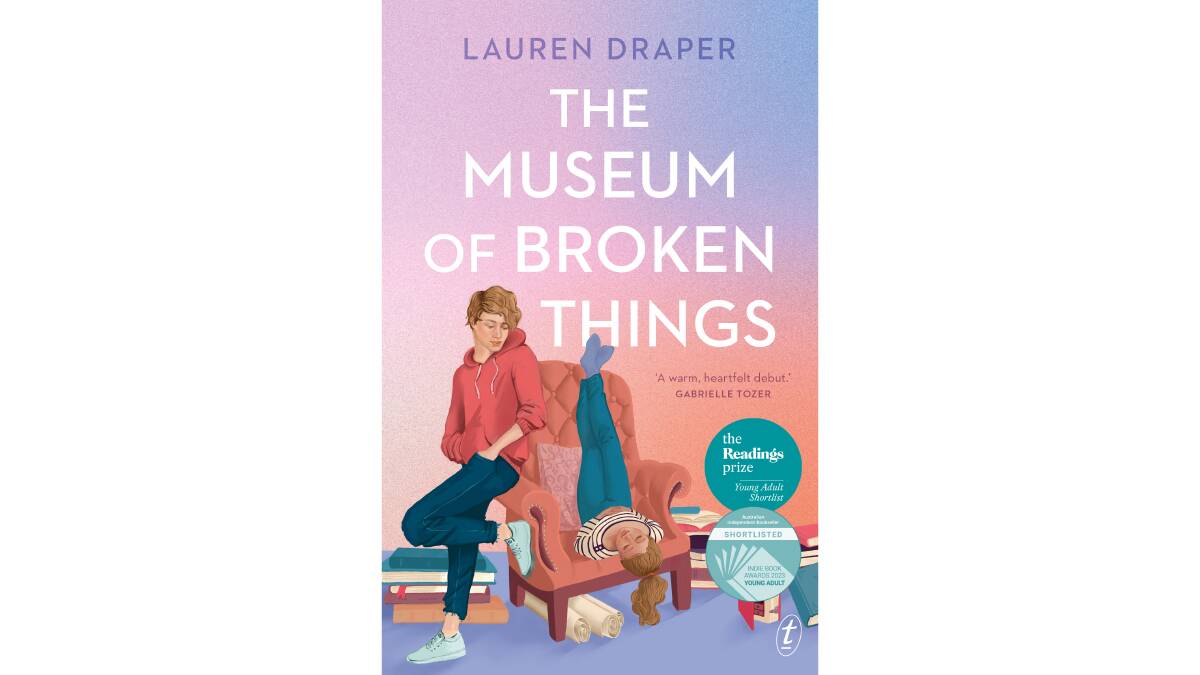
Who'd want to be a teenager again? Well, it all depends on how the experience is evoked, at least in literature.
In The Museum of Broken Things, Lauren Draper has created a coming-of-age tale, "in which the heroine confronts moral, sexual and family challenges (a few at school as well)".
Reviewer Mark Thomas is game for the nostalgia-fest it threatens to evoke.
"Clarissa's manner of address is neither theatrical nor polemical; she simply copes, more or less, with one problem after another," he writes.
"Her creator is excellent at capturing dialogue among teenagers, just as memorable at evoking a first kiss."
Bernie Sanders writes the book
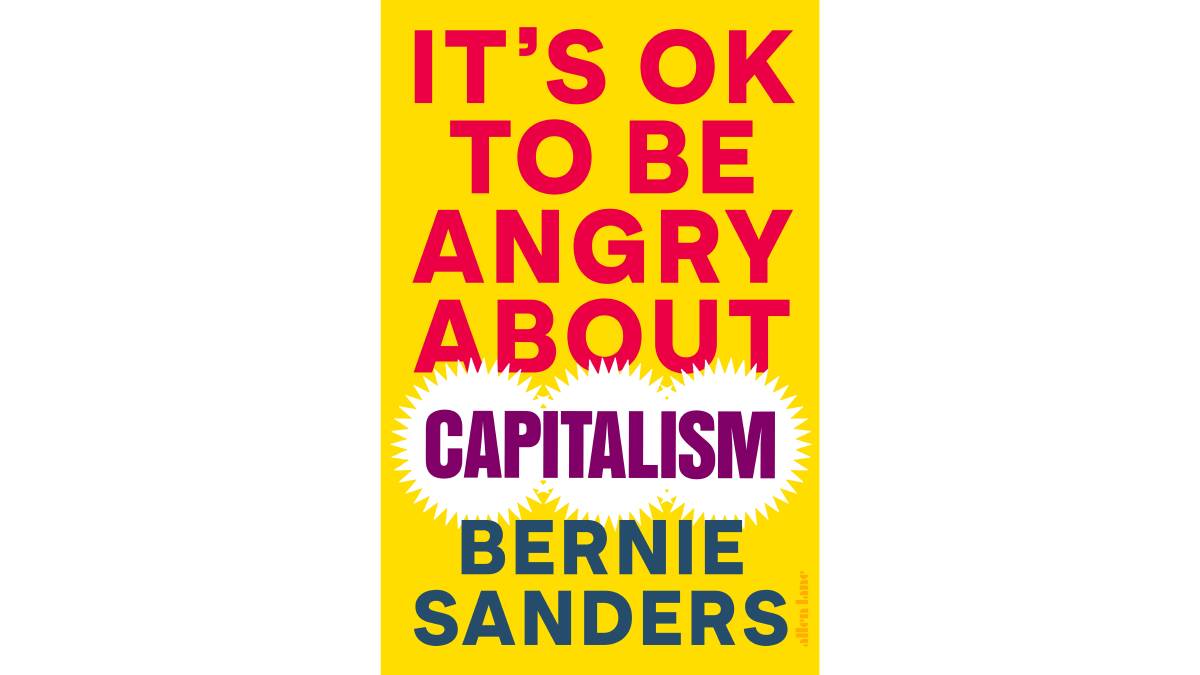
It was remarkably timely that T.J. Collins picked up Bernie Sanders' latest missive, It's OK To Be Angry About Capitalism, when he did.
With global markets buffeted by fears of an economic meltdown, who better to talk about it than the senator from Vermont who doesn't pull his punches?
"The first third of the book reads more like a political memoir than a clarion call to the 99 per cent," he writes.
"By the time he gets to the passing of the American Rescue Act, Sanders is ready to engage with the central theme of his book, which is that capitalism is deeply flawed and that our unwillingness to address the inherent problems with the system constitutes a grave moral failure."
No likeable characters, but still enthralling
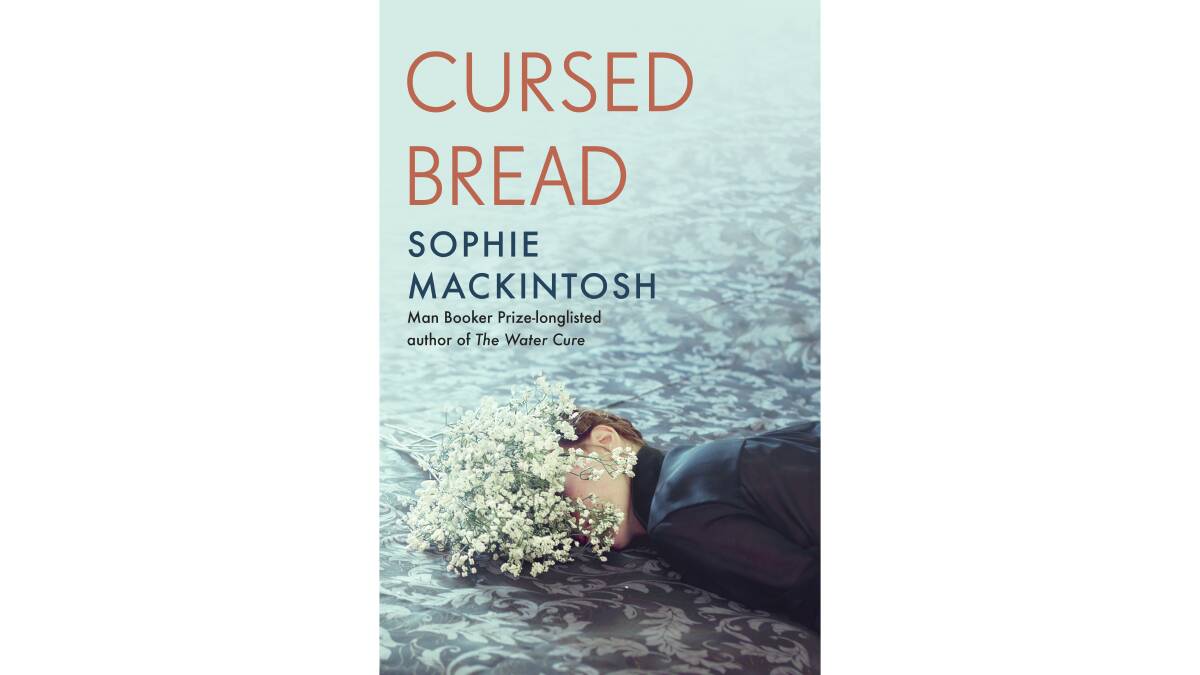
A small town in France in the early 1950s is a fertile setting for a thriller, and, it being French, there's bound to be a bit of erotic frisson involved.
In Cursed Bread, Sophie Mackintosh tells her story in two sections - the period before the town is struck by a disastrous mass poisoning, and in a series of letters written by the protagonist later.
Reviewer Penelope Cottier is quite taken by both the style and the premise.
"There is not a single likeable character in Cursed Bread, and it is a tribute to Mackintosh's writing that it is enthralling despite this," she writes.
"Complex and mysterious, Cursed Bread is a challenging and thought-provoking book."
Climate chaos and sentient robots
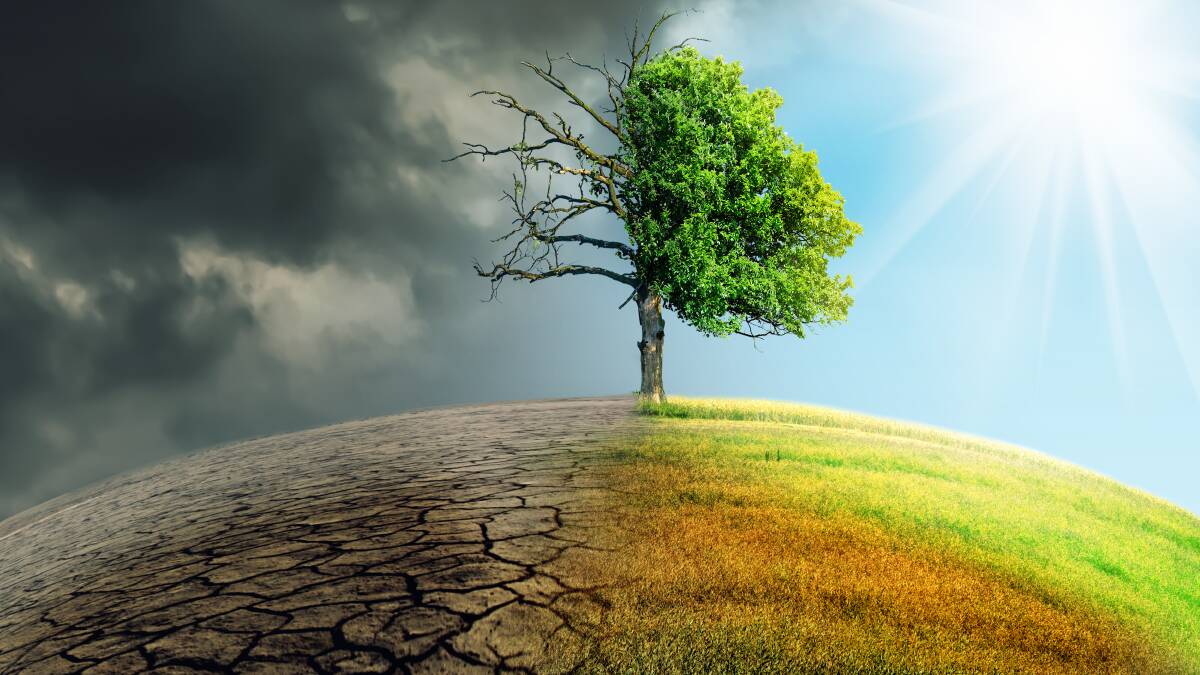
It's a cold, strange and stressful place to be, the world of science fiction, but that's only if you're not a believer.
In his latest genre round-up, Colin Steele talks us through the fantastical dystopias that populate the newest offerings, from exploited androids in Malaysia, to a mysterious hole off the coast of South America. There's also futuristic climate change - almost too scary to contemplate - and sentient robots.
Enter if you dare - you won't be alone!
Looking for more reads and recommendations? Browse our books write-ups and reviews. Bookmark the page so you can find our latest books content with ease!















